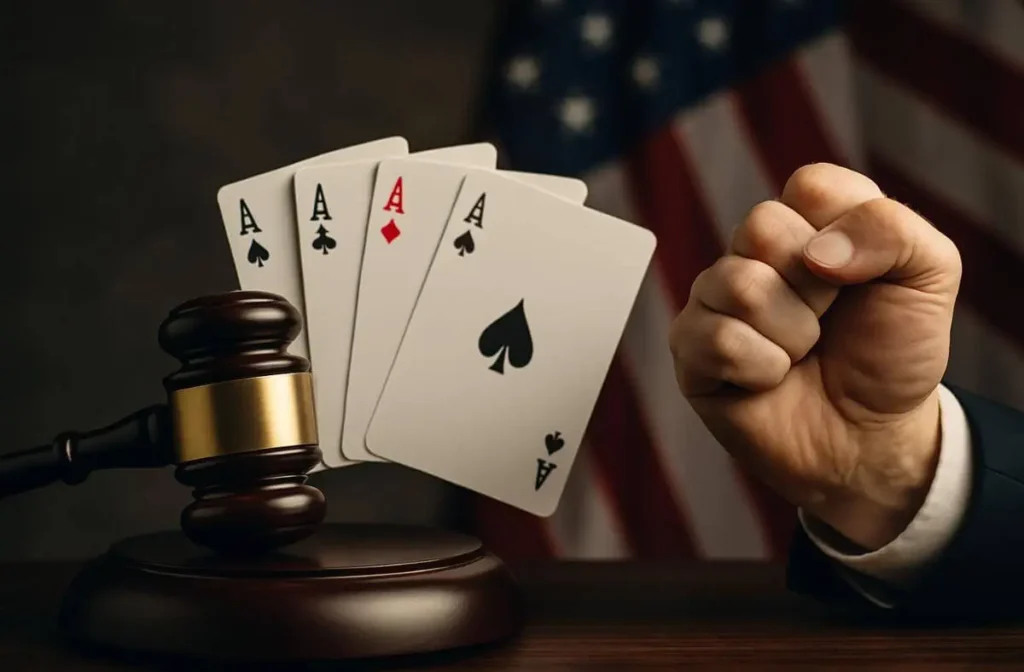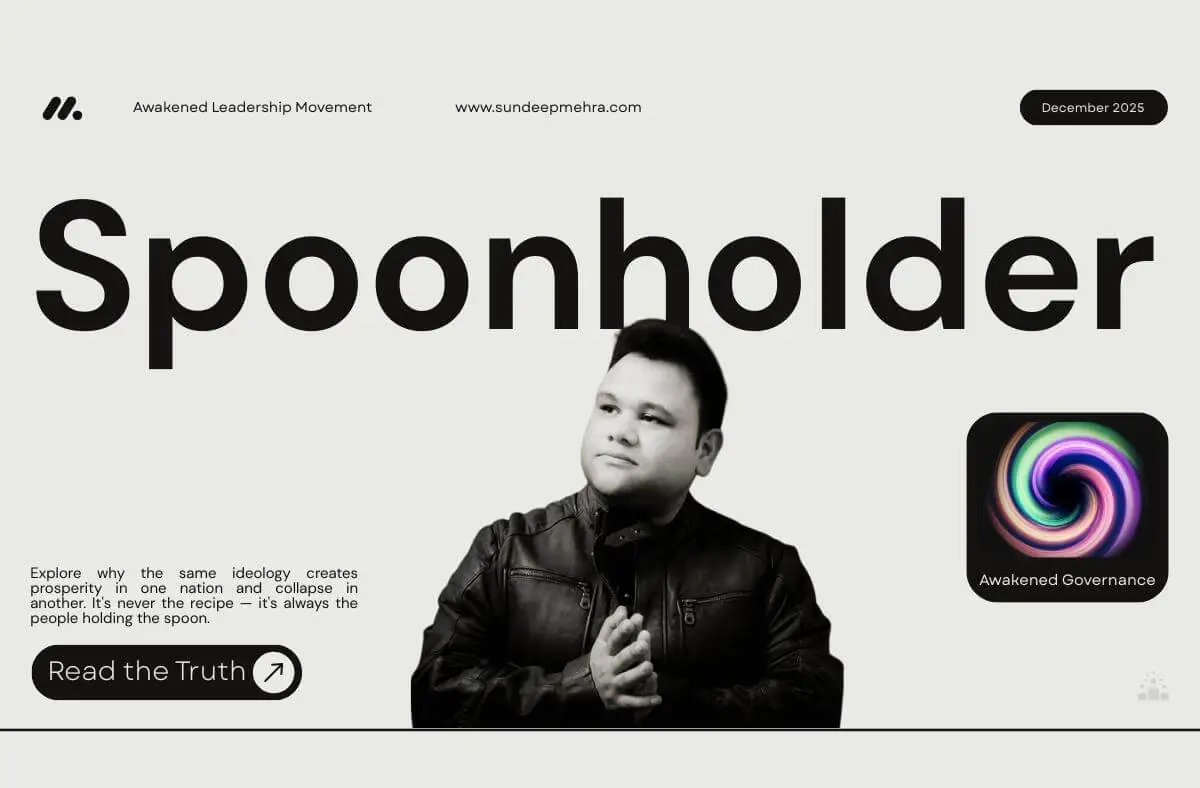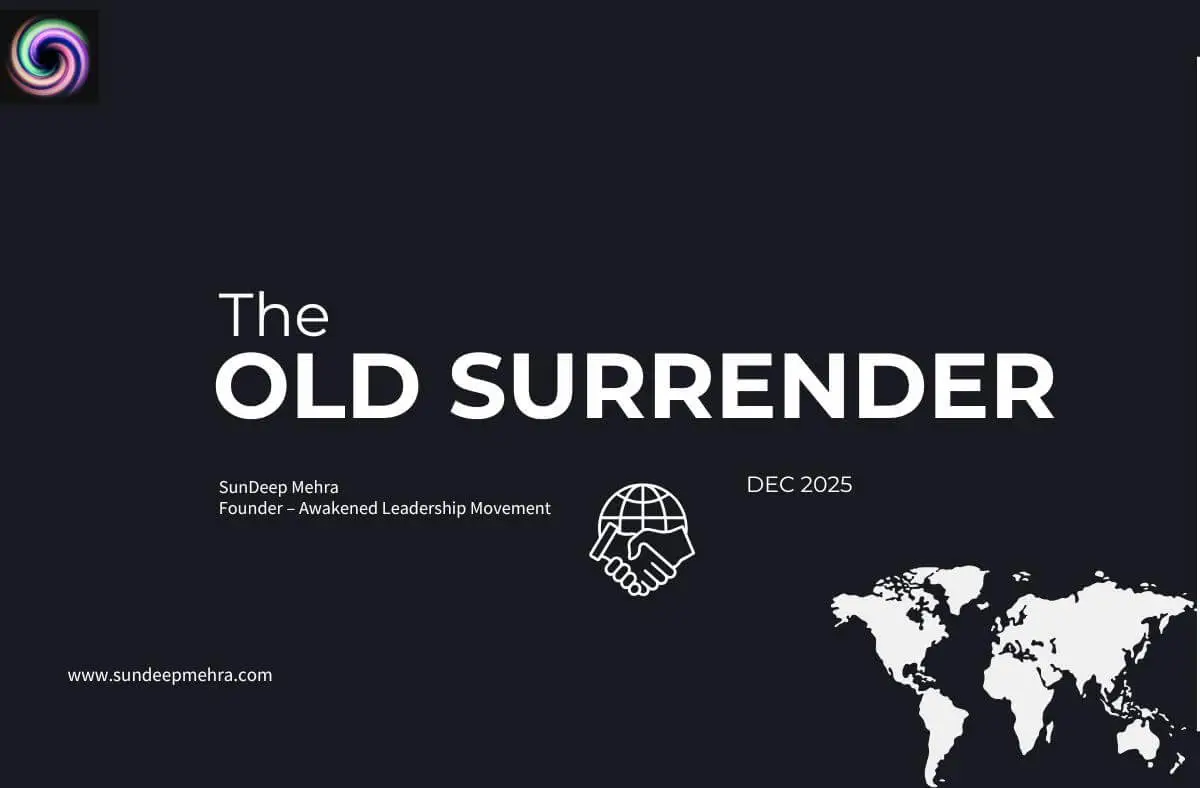
The Crisis of Political Governance Today
The Crisis of Political Governance is no longer a theoretical concern; it has become the lived reality of our times. Across nations, leaders hold immense power, yet their words and choices reveal how fragile the foundations of governance have become. The real crisis is not the lack of systems or institutions but the lack of clarity, restraint, and alignment within those who lead them.
Political governance is meant to safeguard the trust of citizens and the continuity of nations. Instead, it increasingly mirrors a performance of power, where influence is played like a card, and authority is mistaken for strength. In this, we see the true danger: leadership that has drifted from its origin, forgetting the fundamentals of why it exists.
Two Remarks That Reveal the Fracture
Recently, two remarks by U.S. President Donald Trump caught global attention, as usual. They stand as examples, not because of who spoke them, but because of what they signify in the deeper story of global political leadership.
- In reference to U.S.–China relations, he said:
“We are going to have a great relationship with China. They have some cards. We have incredible cards, but I don’t want to play those cards. If I did, that would destroy China.” - Responding to accusations of authoritarian tendencies, he remarked:
“They say, ‘He’s a dictator.’ A lot of people are saying: ‘Maybe we’d like a dictator.’ I don’t like a dictator. I’m not a dictator. I’m a man with great common sense and a smart person.”
These remarks are not unusual in political discourse today. Yet when seen in the wider lens, they reveal more than passing rhetoric. They point to how political governance itself is being imagined, communicated, and lived in today’s world.
Moving Beyond Who Said It
For me, the point is not to ask why these remarks were made, or to whom, or in what moment. What matters is what they reveal about leadership in our era.
They bring forward deeper questions:
- What makes today’s leadership think in this manner?
- What kind of relationships are nations building with one another?
- What clarity do global leaders truly hold within themselves?
- What kind of decision-making now defines political governance?
When leaders speak of “cards” that could destroy another nation, diplomacy shifts from cooperation to strategy, from balance to threat. When dictatorship becomes part of the political vocabulary, even rhetorically, it signals a cultural longing for control over collaboration, for authority over shared governance.
These are not only American concerns. They represent a universal shift in the tone of politics. And they reveal the scale of the crisis of political governance we are living through.
Watch Explainer:
The Fragility of Political Relationships
What kind of relationships are we truly building among nations today?
The world is already divided into fractured alliances and damaged trust. Statements framed in superiority only deepen those divides.
Instead of embracing humility and compassion, politics continues to speak the language of rivalry. Instead of creating gateways to opportunities, leaders often build walls of suspicion. This mindset carries a heavy cost:
- Trust is weakened between allies and adversaries alike.
- Diplomatic bonds are strained when superiority defines the conversation.
- Future cooperation is eroded when threats replace vision.
Words spoken in public are not harmless. They echo in closed negotiations, in boardrooms, in the silent calculations of nations deciding how much they can trust one another. This is how political governance loses its essence when words are used as weapons instead of bridges.
Forgotten Fundamentals of Leadership
At its foundation, governance was meant to serve: to hold together societies, protect people, and secure futures. Today, the fundamentals of political leadership appear displaced.
Instead of being stewards of humanity’s continuity, many leaders are caught in games of survival and optics. Instead of speaking for progress, they speak of cards, leverage, and superiority.
This is why the crisis of political governance is not a failure of systems. It is a failure of consciousness. The structures of democracy, diplomacy, and law remain, but the clarity of those who guide them has been lost.
Awakened Political Governance: The Only Path Forward
The answer to this crisis is not to condemn individuals or silence voices. The answer is to reawaken the essence of leadership itself.
What is Awakened Political Governance?
- It is leadership anchored in clarity rather than superiority.
- It is governance guided by humility, restraint, and alignment.
- It is the choice to see nations not as opponents, but as co-architects of the future.
Awakened Political Governance is not idealistic. It is practical. In a world where threats travel faster than dialogue, the only sustainable leadership is one rooted in presence, balance, and trust.
Listen to Deep Dive:
Awakened Diplomacy: Restraint as Strength
Complementing this vision is the call for Awakened Diplomacy. True diplomacy is not silence or weakness, itt is the power of restraint. It is the wisdom of leaders who recognize that the ability to destroy is less significant than the choice to preserve.
Awakened Diplomacy is about:
- Choosing presence over posturing.
- Valuing trust over temporary advantage.
- Building alignment where division seems inevitable.
This is diplomacy that heals rather than fractures, that creates new opportunities rather than closing doors. It is diplomacy that remembers: the deepest power in politics is not destruction, but preservation.
A Universal Issue in Global Political Leadership
This is not an American matter alone. Across Asia, Africa, Europe, and beyond, similar patterns are evident. Political leaders, caught between rising authoritarian temptations and the demands of fragile democracies, often choose to speak the language of power over the language of presence.
This is where geopolitics and leadership intersect. What is at stake is not only the balance of nations, but the very integrity of governance. The crisis of political governance is global, and its resolution cannot come from stronger tools; it must come from awakened leaders.
Closing Peroration: The Future We Choose
So the question is clear:
- What kind of political governance are we preparing to hand to the next generation?
- What kind of relationships will nations sustain if trust continues to fracture?
- What kind of future are we shaping if leaders casually speak of destruction and dictatorship as part of their vocabulary?
The crisis is not in the cards. The crisis is not in the word “dictator.” The crisis is in forgetting why we lead at all.
Awakened Political Governance is not an aspiration. It is the only viable path left. It calls us back to the fundamentals of leadership: humility, responsibility, and restraint. It is the balance that allows nations to meet without rivalry. It is the clarity that gives diplomacy its true dignity.
Because the greatest power any leader holds is not the ability to destroy, but the wisdom to preserve.
And the legacy of our time will not be measured in the cards we played, but in the trust we carried forward.
As the Global Pioneer of Awakened Leadership, Awakened Governance, and Awakened Diplomacy, and founder of the Awakened Leadership Movement, SunDeep Mehra calls leaders, policymakers, and visionaries to step beyond performance into presence, beyond rivalry into alignment. This is not a reflection or an opinion. This is awakening — for leaders, nations, and systems ready to redefine the future of governance and humanity.
















